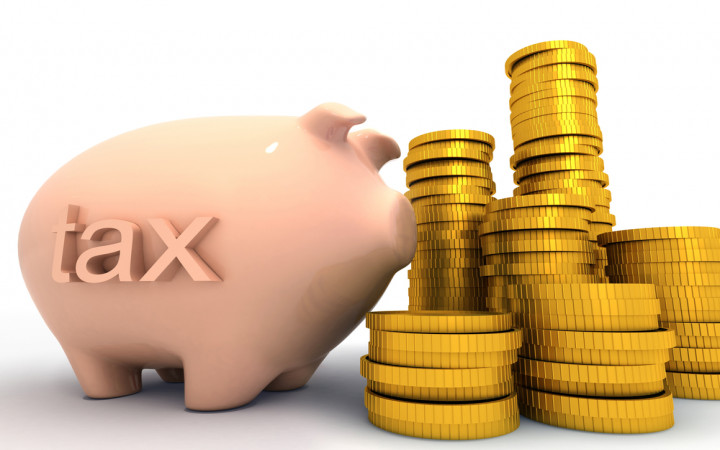Today’s Wonder of the Day was inspired by Ainsley from IL. Ainsley Wonders, “Why do we have to pay taxes? ” Thanks for WONDERing with us, Ainsley!
Every year around April 15, you'll hear adults of all ages groan about “tax day." That's because federal and state income tax forms are due around that time. But have you ever wondered why you have to pay taxes?
In the United States, we have governments at the local, state and national (federal) levels. These governments have various parts to them, including legislators (who make laws), executives (who enforce laws), judges, and many others. The money these government workers receive to do their jobs comes from taxes.
Taxes take many forms, too. When you work at a job to make money, you pay income taxes. Depending on how much money you make, a certain percentage (part) of the money you make is withheld (kept out of your paycheck and sent to the government).
When you buy things at a store, you also usually pay sales tax, which is a percentage of the cost of the item charged by the store. If you own property, you also pay property taxes on the value of your property.
Paying your taxes is considered a civic duty, although doing so is also a requirement of the law. If you do not pay your taxes, the government agency that oversees taxes — the Internal Revenue Service or IRS — will require you to pay your taxes or else face penalties, such as fines or going to jail.
The money you pay in taxes goes to many places. In addition to paying the salaries of government workers, your tax dollars also help to support common resources, such as police and firefighters.
Tax money helps to ensure the roads you travel on are safe and well-maintained. Taxes fund public libraries and parks. Taxes are also used to fund many types of government programs that help the poor and less fortunate, as well as many schools!
Each year when “tax day" rolls around, adults of all ages must report their income to the IRS, using special tax forms. There are many, many laws that set forth complicated rules about how much tax is owed and what kinds of special expenses can be used (“written off") to lower the amount of taxes you need to pay.
For the average worker, tax money has been withheld from paychecks throughout the year. On “tax day," each worker reports his or her income and expenses to the IRS.
Employers also report to the IRS how much they paid each worker. The IRS compares all these numbers to make sure that each person pays the correct amount of taxes.
If you haven't had enough tax money withheld from your checks throughout the year to cover the amount of tax you owe, you will have to send more money (“pay in") to the government. If, however, too much tax money was withheld from your paychecks, you will receive a check (get a “refund") from the government.




